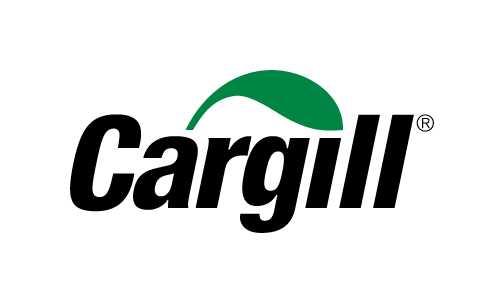GHENT, Belgium – In a move to further strengthen its commitment to fight climate change and deliver a more circular economy, Cargill is constructing a multi waste- and residues-based biodiesel plant at its existing integrated oilseeds crush and Bioro biodiesel site in Ghent, Belgium. The groundbreaking $150 million project helps meet global renewable energy demand while protecting natural resources and enables Cargill to maintain its leading position across Europe, both in producing renewable fuels and providing customers with sustainable, responsible and safe solutions.
With the new European Renewable Energy Directive (RED II) signaling the need to shift toward more advanced biofuels coming from waste and residues, Cargill is looking to stay ahead of the trend. According to Roger Janson, President of Cargill’s Agricultural Supply Chain across EMEA, the market will require new assets capable of processing more difficult feedstocks.
“The new Cargill facility in Ghent will be the first plant in Europe capable of processing all kinds of feedstocks, including acid oils from vegetable oil refining, liquid residues from industrial processes, and even the fat recovered from sewage sludge from local municipalities,” he said.
The plant will use very latest technology of BDI-BioEnergy International GmbH that enables the processing of all types of liquid waste oils and fats, including by-products from food processing, and waste from the food industry, and non-food crops grown on marginal land.
“Cargill’s circular economy approach brings added sustainability benefits to not only our customers, but also to the end consumer, as the plant will utilize recycled products that would have previously been disposed of or used for low-value applications,” said Alexis Cazin, Managing Director, Cargill Biodiesel..
“In certain sectors such as transportation, developing high blend solutions for trucks or significantly reduced carbon marine fuel for shipping can only be achieved using this waste processing technology. Advanced biodiesel from waste and residues will provide concrete, cost effective solutions bringing major benefits to citizens, communities and the environment,” he continued.
Cargill has been helping its customers address the need for renewable and sustainable products for nearly six decades across more than a dozen industries from building materials, beauty and personal care to power generation and performance chemicals like foams, candle wax and lubricants.
It also encourages responsible, sustainable agricultural practices in the production of the raw materials used for these bio-based solutions. In July, Cargill joined the global renowned Ellen MacArthur Foundation, standing alongside other companies, governments and academic institutions to promote and accelerate a circular economy, a vision and approach that focuses on reusing rather than discarding materials.
The new plant will have a biodiesel production capacity of 115,000 metric tons per year. Construction will commence in October 2020, with the plant due to open in June 2022. The new facility will create around 20 new direct jobs and an additional 60 indirect jobs in the Ghent community.
















